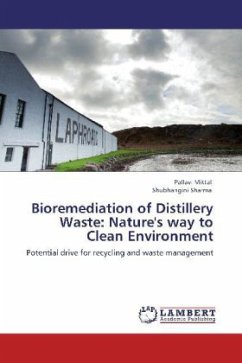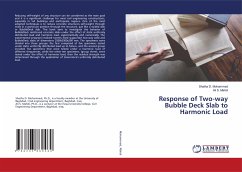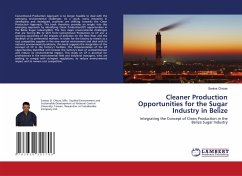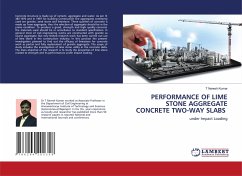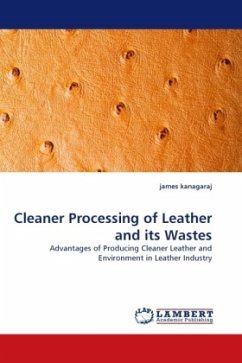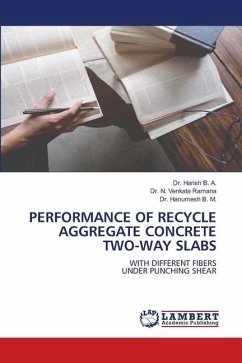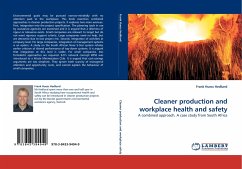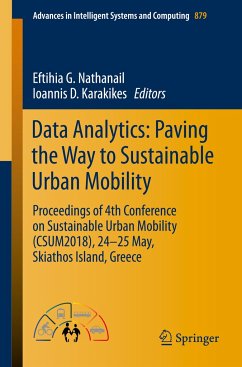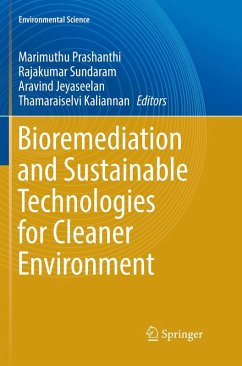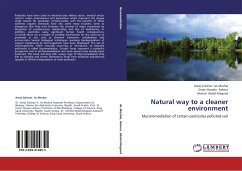
Natural way to a cleaner environment
Mycoremediation of certain pesticides polluted-soil
Versandkostenfrei!
Versandfertig in 6-10 Tagen
30,99 €
inkl. MwSt.

PAYBACK Punkte
15 °P sammeln!
Pesticides have been used in industrial and military sector, medical vector control, urban environment and agriculture which represent the largest single market for pesticides. Unfortunately, with the benefits of these synthetic organic chemicals have also come many troubles, some so dangerous that they now threaten the survival of major ecosystems by disruption of predator-prey relationships and loss of biodiversity. In addition, pesticides cause significant human health consequences. Currently there are a number of possible mechanisms for the clean-up of pesticides in soil, such as chemical ...
Pesticides have been used in industrial and military sector, medical vector control, urban environment and agriculture which represent the largest single market for pesticides. Unfortunately, with the benefits of these synthetic organic chemicals have also come many troubles, some so dangerous that they now threaten the survival of major ecosystems by disruption of predator-prey relationships and loss of biodiversity. In addition, pesticides cause significant human health consequences. Currently there are a number of possible mechanisms for the clean-up of pesticides in soil, such as chemical treatment, volatilization and incineration. Several biological techniques involving biodegradation of organic compounds by microorganisms have been developed. The use of microorganisms, either naturally occurring or introduced, to degrade pollutants is called bioremediation. Certain fungi represent a powerful prospective tool in soil bioremediation and some species have already been patented. This book will deal with unique type of Mycoremediation that aim to isolating and screen filamentous fungi from herbicide polluted-soil capable of efficient degradation of some pesticides.





